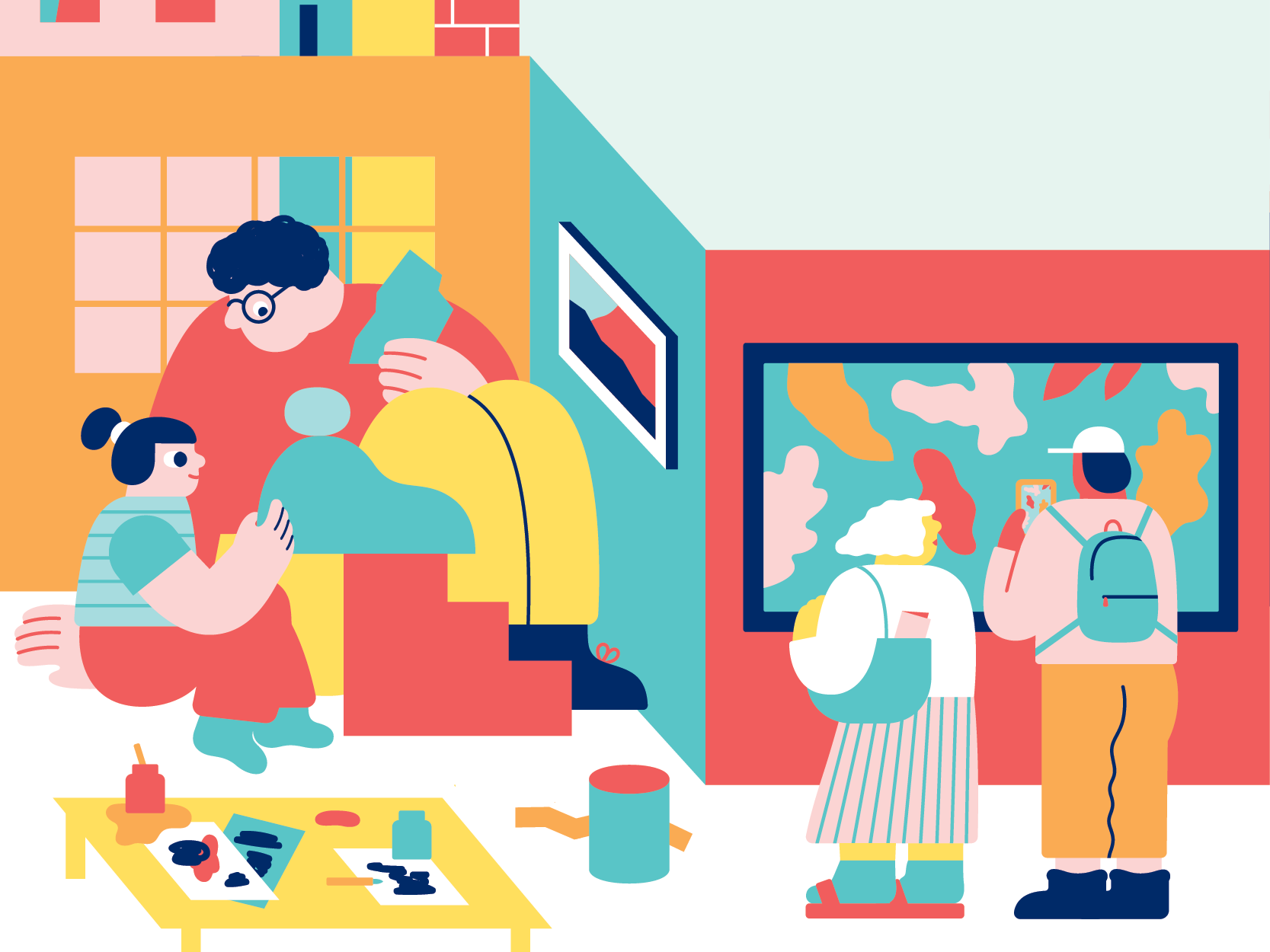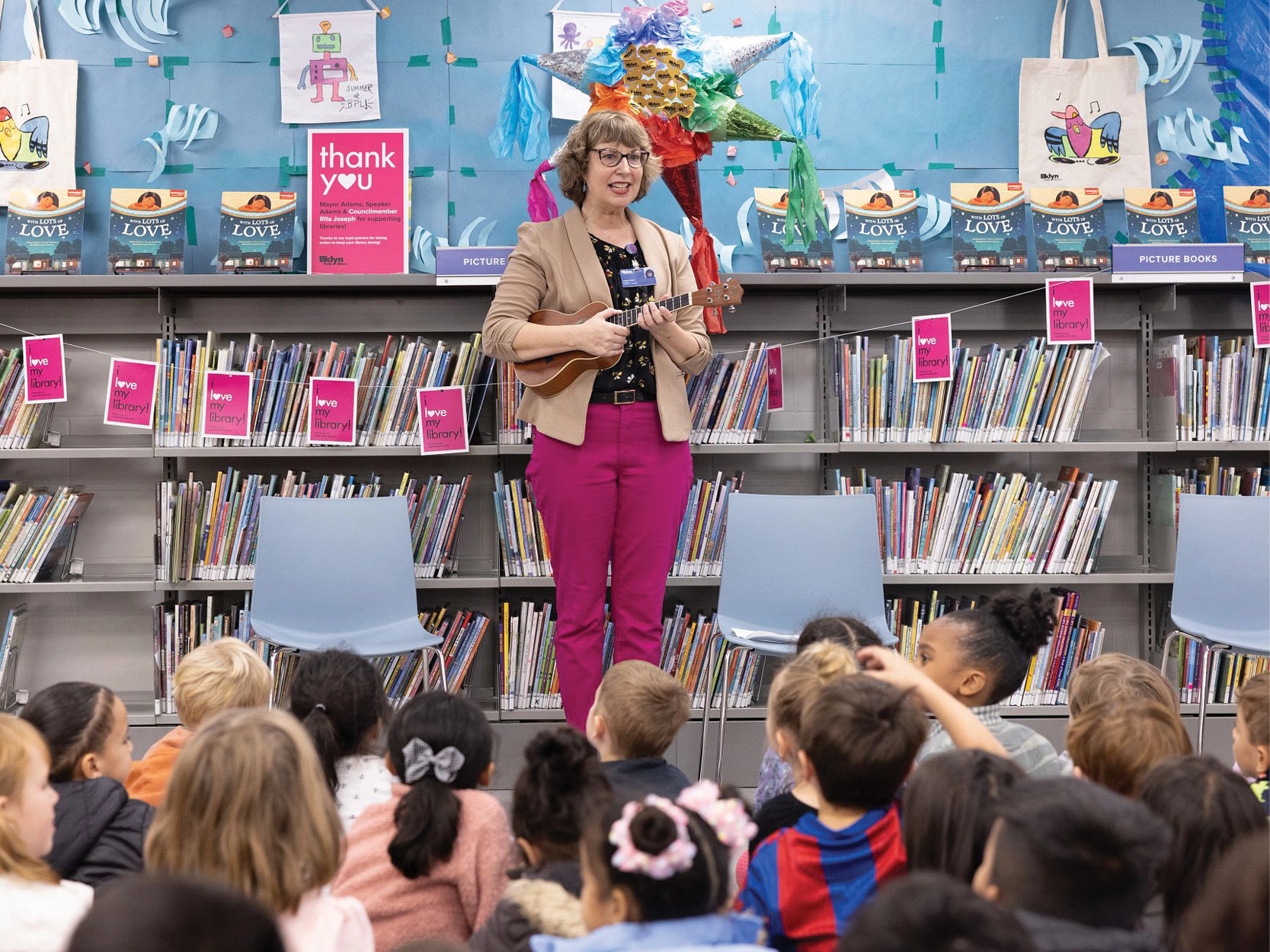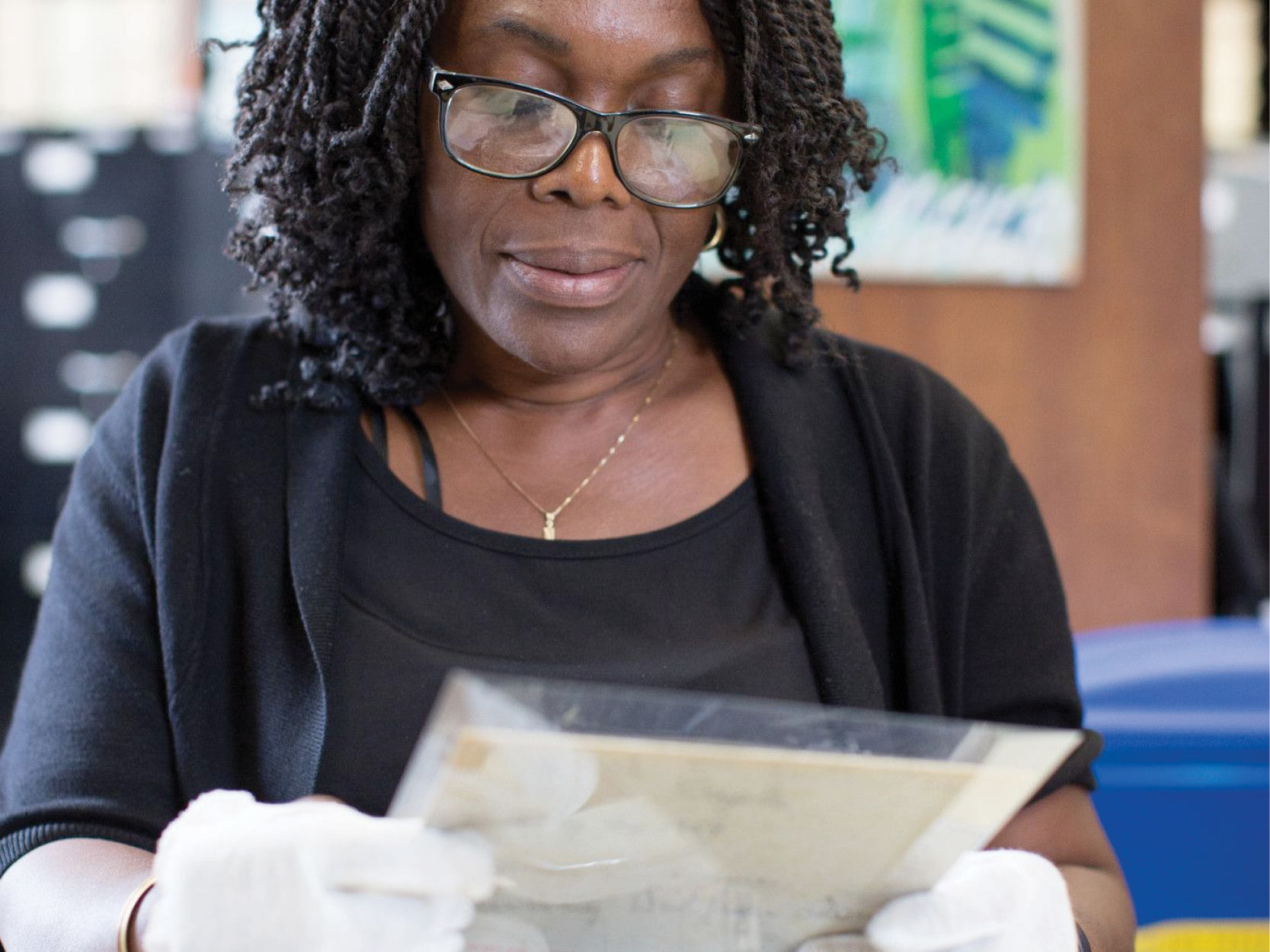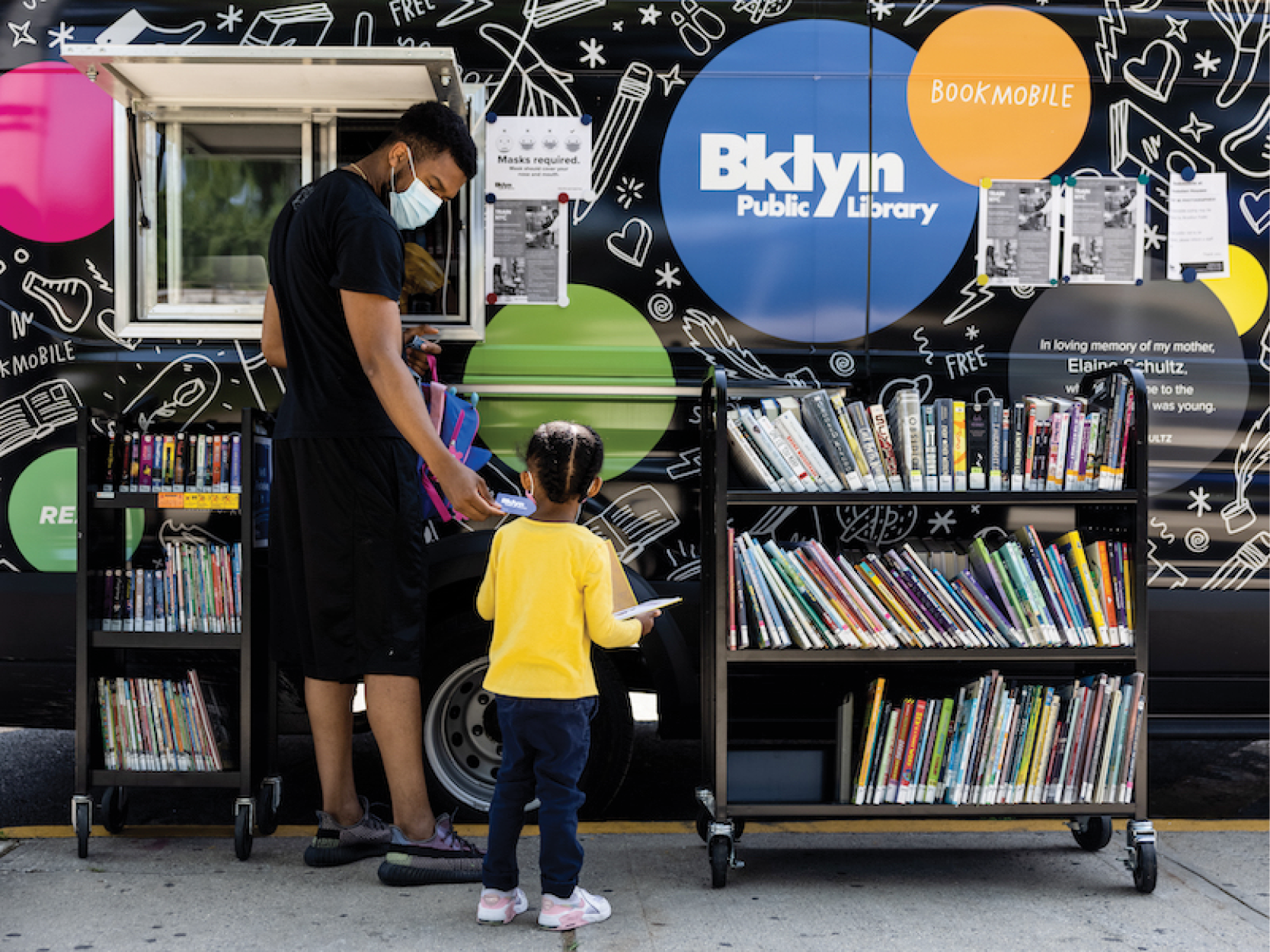As a critical part of its mission to ensure free access to information for education, recreation, reference and lifelong learning, BPL provides free public access to the Internet, a resource with the capacity to bring global, national and local information to all library users.
How does BPL help users navigate the Internet safely?
- The Internet is a rich resource, offering access to ideas and information from around the globe. It is also a vast unregulated medium and contains some potentially offensive materials. The Library has taken the following steps to help patrons navigate the Internet safely:
- We display Internet Usage Agreements on all Library computers, with BPL's "Policy and Guidelines for Responsible Internet Use."
- We encourage Library staff and volunteers to guide patrons in Internet usage.
- We have installed free educational and recreational programs and databases that help users safely and effectively search and navigate the Internet.
- We regularly offer free computer workshops.
- We affirm the right and responsibility of parents and other caregivers to decide which library resources are appropriate for their children and to monitor their children's use of Library resources.
Why is BPL using Internet filtering software on its public access computers?
The Children's Internet Protection Act (CIPA) requires libraries receiving federal support for online technology to implement filters that block material considered obscene, child pornography, or, in the case of persons under the age of 17, harmful to minors. Our software is also able to filter graphic pornography without blocking access to other adult content. This allows BPL to better protect our public spaces while also protecting our patrons’ right to access content.
The filter also protects Library computers from websites that download malicious software, pose security risks, or could otherwise harm Library equipment.
Who decides which sites are blocked?
In conjunction with Library staff, the filtering software vendor uses a process of technological and human review to decide which websites are in blocked categories. However, there may be instances when where sites have been inappropriately blocked. If this happens, please submit an Unblock Request. BPL staff will evaluate the request and if deemed appropriate, will forward the request to the software vendor for unblocking.
Why is a certain website being blocked when it doesn’t have any pornographic or obscene content?
It may be for one of these reasons:
- The website poses a security risk to the Library or the user [e.g. hosting viruses, phishing scams, or attempts to download suspicious software]
- The user is under 17 years of age
- The computer is designated for users under 17
- If you are at Central, some computers have additional filters [see below]
However, no filtering software is perfect, and sometimes sites are blocked in error. If you believe this is the case, please submit an Unblock Request.
Are Unblock Requests anonymous?
Yes; you have the option of including your email address, but it is not required to complete the request. Please be aware that you will only receive a response explaining the outcome of your request if you do include an email address.
Why are some websites only blocked at the Central Library?
At Central, we encourage patrons to use the computers in the Information Commons and the Subject Divisions for research/work purposes. To that end, certain types of entertainment, social media, and gaming sites are filtered on these computers only. Patrons can use the computer room on the third floor to access these types of sites at Central.
What is a parent's role in children's and teens’ Internet use?
As with the use of all Library resources, parents and caregivers are responsible for supervising their children's access to resources. While BPL offers numerous tools to promote safe Internet usage, we cannot replace a caregiver/parent's role. Only parents and caregivers can make decisions for their child based on the child's age and level of maturity in the context of their family's values. By spending time online with children, parents can learn about the Internet and teach children responsibility and appropriate conduct.
BPL encourages parents to do the following to help ensure safe and appropriate Internet use:
- Discuss family rules regarding Internet use at home and in the Library.
- Ask children to share their favorite Web sites and what they like about them.
- Ask staff for help selecting appropriate Library materials that correspond with family values and interests.
- Ask Librarians to help direct children to Internet resources that match their maturity level.
- Show interest in what children borrow from the Library and view on the Internet.
- Help children discover Web sites that can assist them with their homework, hobbies and other special interests.
- Teach children to be critical consumers of information. Like other media, online information may be inaccurate or trying to sell something.
What are some guidelines parents can provide for children and teens?
It is important to remember that no Internet filter is foolproof. Parents cannot always directly supervise their children's computer use, but they can provide children with rules for communicating online, just as they have rules for dealing with strangers outside the home.
BPL suggests the following guidelines for users under age 17:
- Always ask your parents' permission before using your full name, address, telephone number, or school name anywhere on the Internet.
- Always tell your parents or other adults you trust if you see something online that is scary or that you don't understand.
- Don't respond to messages that make you feel uncomfortable or uneasy.
- Never give out a credit card number or password online.
- Never arrange to meet in person someone you've met online unless you discuss it with your parents and an adult goes with you.
Of course, the vast majority of Internet sites are perfectly safe. But, like the real world, the virtual world contains some sites with sexual, violent, and other content that may not be appropriate for children. For more information on safe Internet choices, visit the following links which are maintained by the Association for Library Service to Children (ALSC), a division of the American Library Association (ALA).
Navigating the 'NET' with Your Kids
Great Web Sites for Kids, a compilation of exemplary websites geared to children from birth to age 14.






